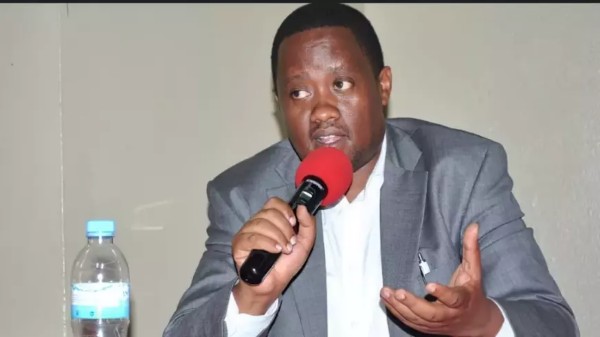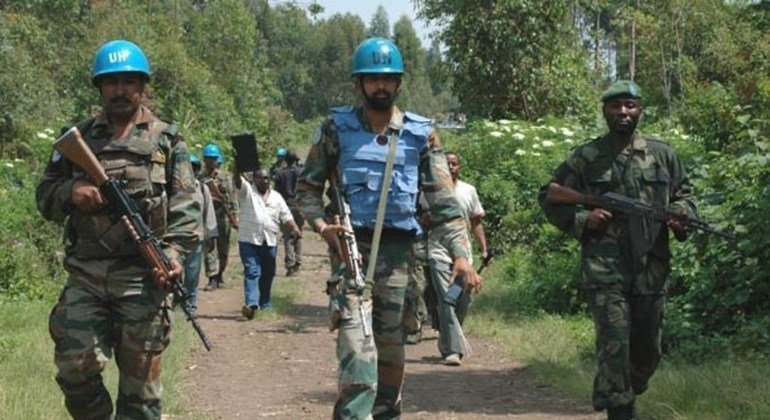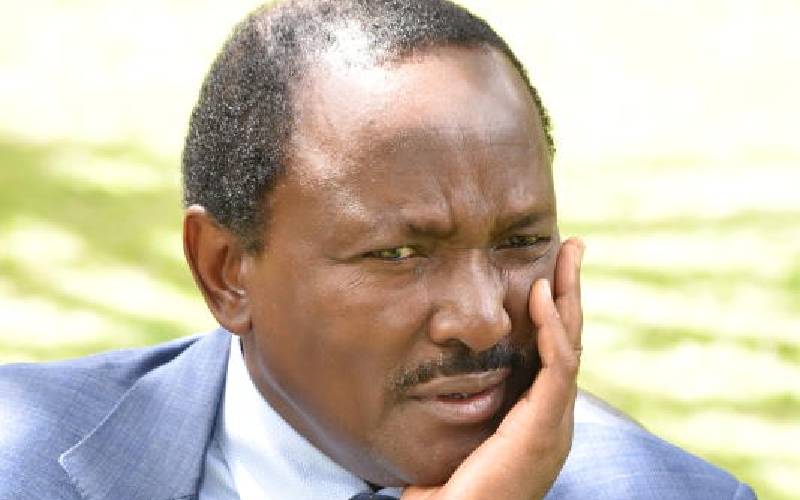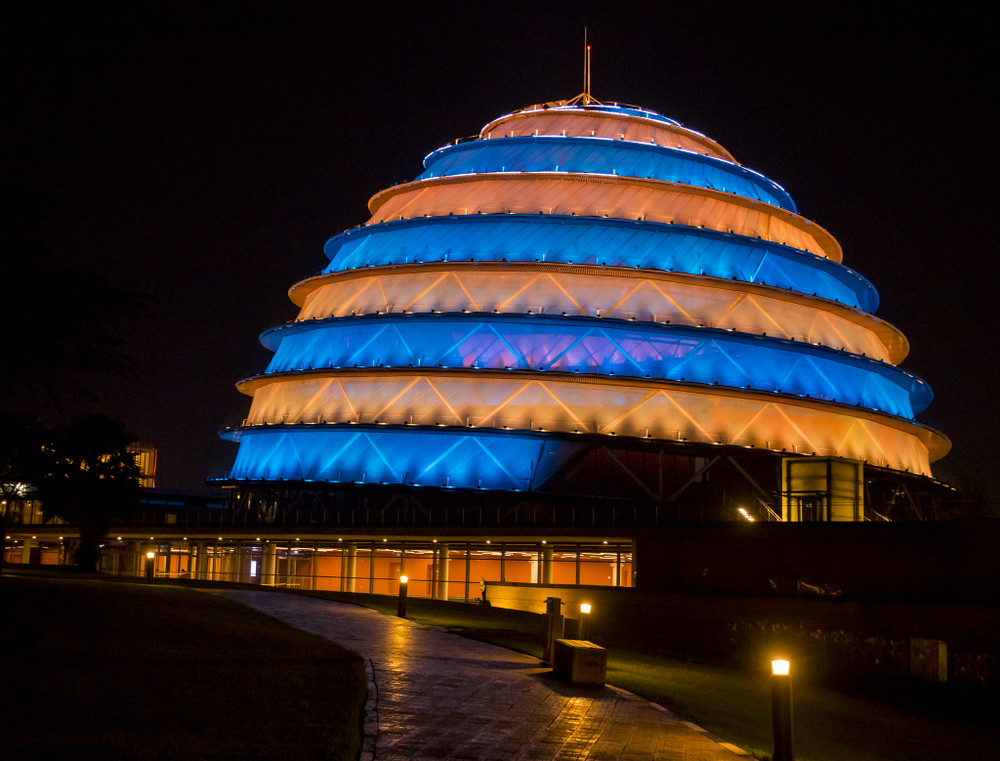Regional
Why Kenyans are skeptical of Ruto Presidency
.jpg-20220608103232000000.jpg)
If
Kenya’s Deputy President William Ruto makes it as the fifth president of Kenya,
some Kenyans already feel uncomfortable for a number of reasons. The first one
is related to Ruto’s political upbringing as one of the supporters of the
dictatorial regime of former president Daniel Moi. Raila Odinga and other
politicians who were agitating for a return to democracy were jailed by the Moi
regime while Ruto assumed that was okay. The skeptics of Ruto’s presidency
argue that he may bring back the Moi era type of dictatorial government.
Secondly,
they argue that Ruto is not diplomatic as an individual. He is a tough talking
man who speaks with force and authority and may have no patience to listen to
other people. Again, it is believed that he does not show respect to his senior
citizens and politicians, especially Raila. In the African culture, young
people are taught by their parents to respect the elderly even when they are not
comfortable with them. On a number of
campaign trails, Ruto referred to Raila as “ule wa vitenda wili,” literally
translated as, the guy of riddles. Although the two are political rivals,
Kenyans expect respect in the African
culture to prevail.
Although
Ruto says he is a self-made millionaire who hustled his way up and rose from
selling chicken, many Kenyans do not buy the story. It is believed that when
Ruto was the National Secretary of the Youth for Kanu ‘92,(YK 92), together with other politicians like Cyrus
Jirongo, he had access to millions of shillings that they used for campaigns by
bribing youthful Kenyans to vote for KANU under Moi.
There
was a new 500 Shillings note printed at that time and Kenyans named it
‘Girongo’ because he was the first man to distribute the notes to wanainchi, in
the strategy to woe voters for Moi. It is believed that Ruto’s vast wealth that
stretches from lands, hotels, farms, helicopters and residencies in various
towns in the country, is not out of hard work. Ruto was named among politicians
with corruption related scandals especially involving grabbing public
land. One of the controversial cases
again, is Ruto’s recent admission that he owns a 2,536-acre Mata Farm in
Taita-Taveta County, originally belonging to former white MP Basil Criticos,
and believed to have been transferred to Ruto when he served as the Agriculture
minister. This tantamounts to using public office for personal enrichment.
In
February 2021, Prime Minister Raila called asked Ruto who was then Agriculture
minister to step down for three months, together with Education Minister Sam Ongeri to allow
investigations into scandals in subsidized maize and education programs.
“I
am taking this action because two recent investigations ... have laid credible
foundations for the two ministers to be investigated,” the prime minister said
in a statement. It should also be recalled that in 2004, Ruto was charged along
with the Commissioner of Lands, Sammy Mwaita, over sale of government parcels.
Ruto’s company also faced a case for building Weston Hotel on public land in
Nairobi. As Ruto is crowded with various corruption related cases, Kenyans wonder
if he can be trusted as the custodian of government resources.
In
May, Ruto picked an ardent critic of President Uhuru Kenyatta to deputise him
for the next five years should he win the August presidential election. In
picking Rigathi Gachagua, an MP from the vote-rich Mt. Kenya region, Ruto is
taking a gamble on Gachagua’s grassroots mobilisation skills against a clouded
profile of a man facing graft charges in Kenya’s anti-corruption court.
Can
the Ruto-Rigathi ticket stand the storm of accusations against a pro-reform
ticket presented by Raila and Martha Karua? Do much remains to be seen?
By
picking Gachagua, a man facing corruption cases in court as a running mate,
Ruto again, downplayed the integrity card as part of his campaign. He says the
cases instigated by the current administration are political and that the war
on corruption targets his supporters. Infact, it is said that Ruto worked with
Gachagua at the University of Nairobi, both as Moi’s student politicians in the
1980s, who served as listening posts for KANU at the University. Ruto always admitted that his politics was
shaped by Moi. Ruto and Gachagua do not hide their admiration of former
president Moi, who bestrode Kenya’s political landscape with an iron fist for
24 years.
Kenyans
therefore, are asking whether the Ruto-Gachagua presidency will not be a return
to dictatorship as well as grand corruption, the vices that characterized the
Moi regime.






.jpg-20220530095951000000.jpg)